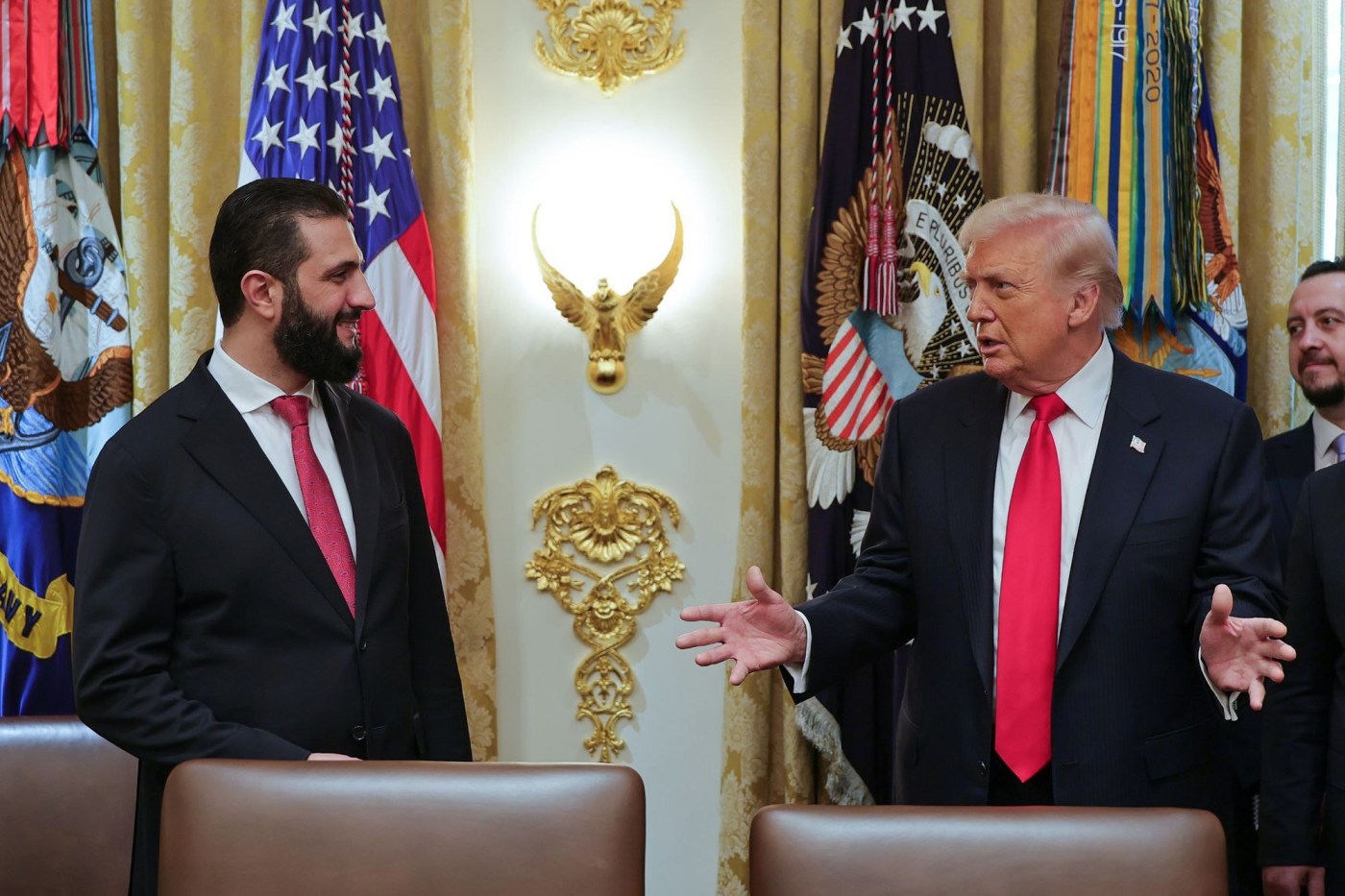Donald Trump has attracted scrutiny for prioritizing foreign engagements over pressing domestic issues, particularly as the United States faces significant economic challenges. Since his announcement of candidacy in 2015, Trump has demonstrated a keen awareness of American voters’ concerns, but recent actions suggest a shift in focus that may alienate his base ahead of the upcoming elections.
In the lead-up to the midterm elections on November 4, 2024, the country experienced a 43-day government shutdown, yet Trump engaged in a series of high-profile international meetings. On October 30, he met with Chinese President Xi Jinping in South Korea, followed by a gathering with leaders from the five Central Asian nations on November 6. This was juxtaposed with military maneuvers, including the deployment of the USS Gerald R. Ford Carrier Strike Group near Venezuela, a nation grappling with internal strife and alleged human rights violations.
One particularly controversial meeting occurred on November 10, when Trump welcomed Syrian leader Ahmed al-Sharaa to the White House. Al-Sharaa, previously designated as a global terrorist by the U.S. State Department, has been linked to the Al-Nusra Front, an al-Qaeda affiliate. Critics argue that such diplomatic overtures undermine the seriousness of domestic issues and may provoke public backlash.
Amidst these international distractions, many Americans are facing economic hardships. Trump’s own Vice President, JD Vance, acknowledged the need to refocus on domestic priorities following the Democratic victories on November 4, stating, “We need to focus on the home front.” He emphasized that the affordability of life in America will ultimately determine their success in future elections.
Despite the rising cost of living, Trump has repeatedly claimed that inflation is under control. In a meeting with Hungarian Prime Minister Viktor Orban on November 7, he referenced a report from Walmart suggesting that Thanksgiving costs would be 25% lower than the previous year. However, this claim has been challenged, as the lower costs reflect fewer items and changes in product offerings rather than an actual decrease in inflation.
Statistics paint a troubling picture of the housing market. The National Association of Realtors reported that the share of first-time homebuyers dropped to a record low of 21% in November 2024, while the average age of first-time buyers increased to a record 40 years. In response to these challenges, Trump proposed a controversial solution: a 50-year mortgage aimed at easing affordability for younger buyers.
Tariffs also remain a contentious issue. While Trump’s initial approach involved implementing a 15% tariff across the board, changes have led to punitive tariffs exceeding 100% against various countries. This unpredictable approach creates uncertainty for businesses, which rely on stable economic conditions to plan for the future.
As the November 3, 2026, midterm elections approach, Trump faces a crucial year ahead. To avoid a potential Democratic takeover in Congress, he will need to shift focus away from international affairs, stabilize taxation and tariffs, and prioritize domestic economic issues. The call for attention to “kitchen-table” matters is louder than ever, as Americans seek solutions to their everyday financial struggles.
Trump’s ability to navigate this complex political landscape may determine not only his legacy but also the future direction of his party. With economic conditions impacting families across the nation, the pressure to deliver tangible results at home will only intensify in the months to come.







